Indigenous Futures
Categories
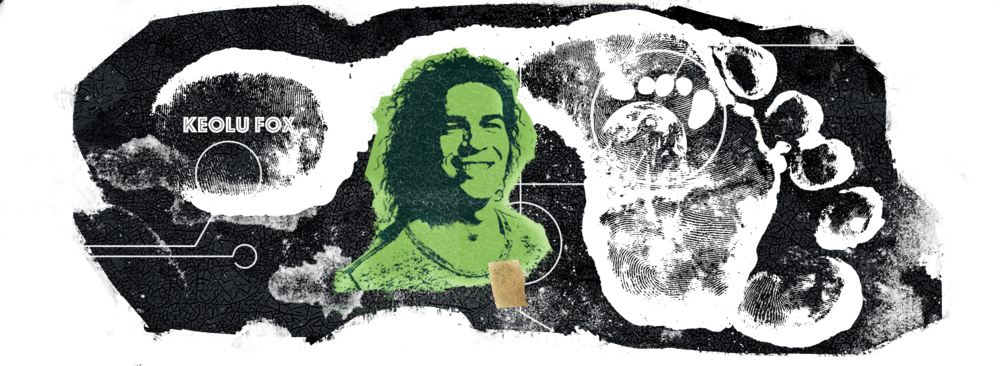
Indigenous knowledge holds the keys to rebuilding humanity's relationship with the natural world. The Indigenous Futures fund seeks to empower the Indigenous researchers and innovators who are asking the most pressing questions and bringing that knowledge into action.
Science Lead: Keolu Fox
The Projects
Browse the participating projects
Potential of the Rewa River oysters in enhancement of community livelihoods and resilience
Edible oysters are a traditional food item in coastal communities in Fiji. Despite this, little is known...
Intuitions about Ownership Among Achuar Communities and the Misalignment of Intellectual Property Law
The ownership of knowledge is one of the most contested topics of our times, but little is known about how...
New practicable, eco-friendly methods in the generation of sustainable transparent wood materials
Transparent wood (TW) is a lightweight, energy-efficient material engendering optical functionalities in...
Sustainable bio-mining of rare Earth elements utilizing microorganism biotechnology
Rare Earth Elements (REE) are highly sought after for their powerful magnetic properties and energy efficient...
How does indigenous storytelling communicate best practices for coral reef management on Ulithi Atoll
Coral reef ecosystems are in need of conservation solutions. Indigenous adaptive management, supported by...
The Living Canoe
Polynesian voyaging stands as a testament to the engineering and navigation skills of Pacific Islanders...
Quantifying the soil microbiome of Indigenous managed land systems
Studies evaluating biodiversity on Indigenous lands do not consider microbial diversity. We aim to demonstrate...
Kumeyaay landscapes, knowledge transfer, and land stewardship in San Diego
The goal of this project is to leverage indigenous knowledge with geographic information systems (GIS) and...
How can we make building pilina (relationships) with native plants fun for the whole family?
Our stories in Hawaiʻi tell of the strong relationships (pilina) our ancestors had with the natural world...
Te Vaa Mataeinaa - Healthy Watersheds in Moorea
Te Vaa Mataeinaa - Tahitian for Watersheds - are critical to providing drinking water for people, nurturing...
Powering Indigenous-led salmon stewardship with machine learning
Wild salmon are central to cultures & ecosystems in British Columbia but are under unprecedented climate...
Re-membering nuclear stories from a Maohi lens
Scientific and historical research on the 30 years of French nuclear tests in French-occupied Polynesia...
More About This Challenge
The sciency details
Challenge Aims
While Indigenous Peoples comprise around 6% of the global population, it is estimated that their ancestral lands encompass more than one-quarter of Earth’s surface and 80% of its biodiversity. Having stewarded this biodiversity for millennia, Indigenous Peoples around the world have cultivated sophisticated knowledge systems spanning agriculture, aquaculture, forestry, medicine, celestial navigation, spirituality and much more. Indigenous knowledges are as diverse and heterogeneous as the communities who generate them, and they live not only in the written word but in embodied forms like speech, storytelling, songs, and rituals. Sustained over many generations, these knowledge systems draw on embodied, experiential knowledge honed in symbiotic relation to the natural world and through nature-based, situated technologies.
Many of these technologies, which have been iteratively developed by communities to adapt and thrive, are potentially portable, but they are not as widespread—both because we have learned to trust institutionalized knowledge over intergenerational teachings, and because we have optimized systems for exponential growth rather than sustainability. The revitalization of Indigenous wisdom is key to addressing 21st century challenges; however, place-based knowledge too needs to adapt to a rapidly changing environment. By fusing Indigenous wisdom with cutting-edge technologies like artificial intelligence, big data, genome technologies, material science engineering and remote sensing, we can empower a new kind of futures literacy. Indigenous Futures involves both the science of Indigenous stewardship and the Indigenous stewardship of science.
Thanks to the support of the Footprint Coalition, we have $50,000 that we're going to contribute to Indigenous Futures projects here on Experiment that relate to environmental health. We will back each project up to 50% of the project cost (up to $5,000/project). The funds will be distributed on a first-come, first-serve basis. The sooner you fill out a project application the better (use the "start a project" link below). In addition to the funding, we hope to stay engaged with the projects as mentors and supporters, helping in any way we can to make the experiments a success.
Reach out if you have any questions. Better yet: start and submit your project!
Part of the Footprint Coalition Science Engine

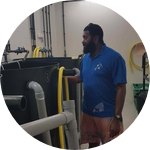
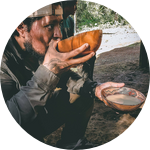


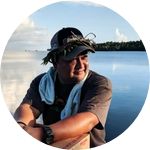



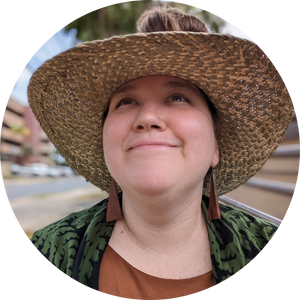
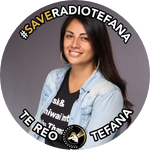
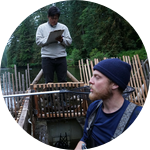

 Challenge Grants
Challenge Grants